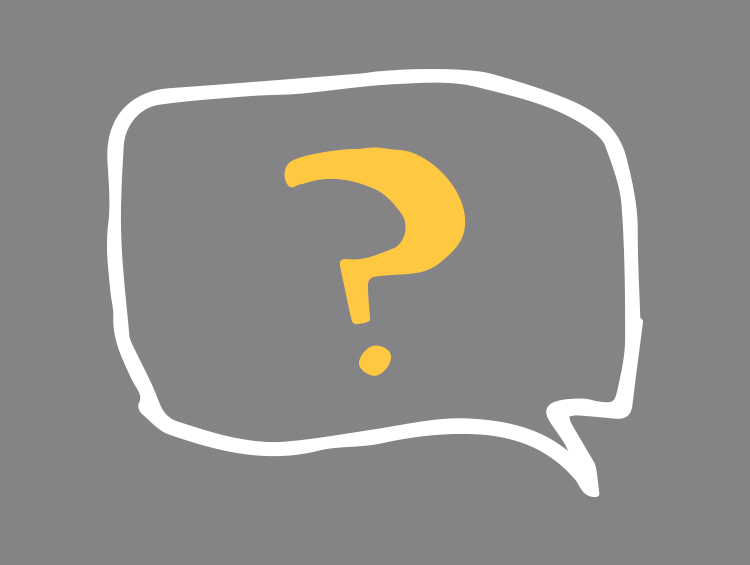 ‘Before I know it I’ve had a 30 minute break from work . . . ‘
‘Before I know it I’ve had a 30 minute break from work . . . ‘
Richard, a previous participant of our workshops, seeks advice to stop him getting sucked into lengthy internet browsing sessions.
Richard wrote:
‘My personal digital distractions tend to be articles from BBC News, football comment, fan blogs and business update websites. I can often find myself going through 8–10 different articles at a time, and before I know it I’ve had a 30 minute break from work.
Do you have any advice on how to catch myself doing this and to then stop?
Are there any internet browser monitoring apps you recommend where I could measure how much I’m doing of this?’
Dear Richard,
You are not alone
I fully understand the way you can get sucked into an internet black hole. We like to believe that we are all behaving with individual choice and freedom but in actuality whenever we go onto the internet our choices are manipulated by menus we did not choose in the first place. The internet is designed to distract and capture your attention, stimulate your brain to feel that it must react and keep clicking from one link to another.
One of the key things that we seek to do in our sessions is to help people question their own behaviours and acknowledge what issues they may have with digital distraction in their lives. The very fact that you recognise what your sticking points are is in itself is the first step to gaining control of your digital behaviours and regaining control.
Make some rules
Taking a 5 minute break from your work online is not in itself a bad thing. It could provide a much needed interruption to refresh your mind and it seems you are seeking out subjects that are of genuinely of interest to you. See if you can try and set yourself a time for your digital breaks, making simple rules and sticking to them can really break habits and make you aware of your behaviours. Frances Booth in her book The Distraction Trap suggests setting a timer for 5 minutes (or however long you are seeking ‘distraction’) and stop at that time to break the browsing habit. Or how about if it is just a break you are seeking you get up and put the kettle on instead, or grab a few minutes fresh air.
Read it later
If you want to read something but know it is not the best time or are able to catch yourself there are plenty of ‘read it later’ and read it offline apps that work both on smartphones and the major internet browsers. These apps will turn any web page into a clean view for reading now or later on your computer, smartphone, or tablet so get rid of all clutter, links and ads that can keep us distracted. Try Readability, Pocket or Instapaper.
Cold hard shock
If you’d like to shock yourself into reducing your digital distraction maybe some cold, hard stats would help. Time Stats tracks website stats and helps you to collect stats of the sites you visit. It’s quick to access and easy to use. Be Limitless is another app that easily identifies where your time is spent and gives productivity suggestions. Apps, such as QualityTime for Android and Moment for iOS monitor your phone usage and inform you just how many hours a day you’re spending on your phone. These apps also allow you to set alerts to remind you if you are using your phone too much.
Different techniques will work for different people but by simply understanding what you want from the internet when you go online, and more profoundly what the internet wants from you in trying to keep you there, will help you better manage your distractions and procrastination and seize back control of your time both in and out of work.
Good luck!
Anna
Are you addicted to your iPhone? Does your boss email you on a Saturday night? Can your girlfriend not stay off Facebook? Whatever issues you have managing technology email Anna and we’ll do what we can to help.
Leave a Reply